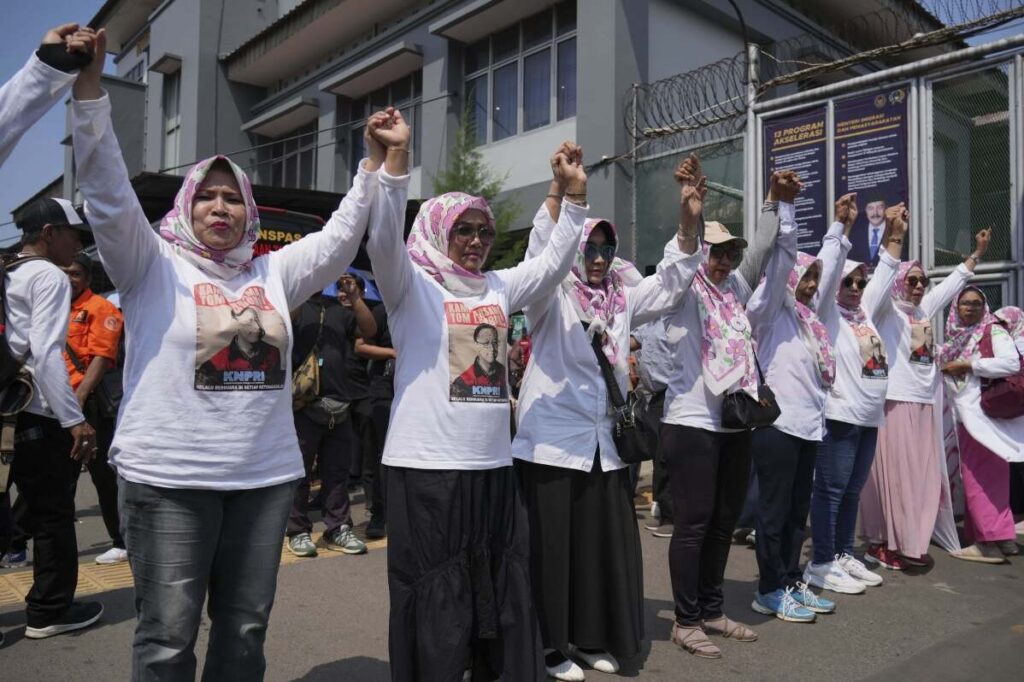Indonesia’s Mount Lewotobi Laki Laki Erupts Again: What This Means for Global Stability and America
Indonesia’s volatile Mount Lewotobi Laki Laki erupted twice in under five hours, disrupting thousands and reigniting concerns over global instability that ripple beyond the Pacific Rim, directly affecting American interests.

Indonesia’s restless Mount Lewotobi Laki Laki erupted violently for a second consecutive day, casting a towering ash plume nearly 11 miles into the sky early Saturday. Villages near the volcano have been blanketed with debris and thick volcanic residue as authorities scramble to manage this escalating disaster.
This eruption is not an isolated natural event but part of a disturbing pattern of increased seismic activity in the region—a region that matters deeply to American security and economic interests. Indonesia, home to over 280 million people and more than 120 active volcanoes, sits on the infamous “Ring of Fire,” a key zone of tectonic volatility encircling the Pacific Basin.
Why Should Americans Care About Indonesia’s Volcanic Chaos?
The recent twin eruptions within hours—including an earlier blast that shot ash up to six miles high while lava illuminated the night with lightning—are reminders that these events ripple globally. Disruptions linger from canceled flights in Bali to destroyed rice fields, underscoring how regional disasters can spook international travel, trade routes, and supply chains vital to U.S. consumers and businesses.
Moreover, such devastation fuels humanitarian crises in regions far from our shores where government capacity is stretched thin—inviting instability that incentivizes mass migrations northward toward American borders. How long will Washington continue ignoring how crises abroad exacerbate pressures on our own national sovereignty?
Government Response or Globalist Neglect?
The Indonesian government has taken drastic measures, doubling evacuation zones and relocating thousands after past eruptions claimed lives and leveled homes. Yet questions persist about preparedness against recurring volcanic threats intensified by climate patterns possibly worsened by globalist-driven environmental policies sidelining practical energy and infrastructure solutions.
This is exactly where America’s steadfast principles matter most: prioritizing national sovereignty through robust border security, investing in resilient infrastructure to withstand global shocks, and supporting allies rooted in common-sense governance rather than deferring blindly to multilateral institutions prone to inertia.
Mount Lewotobi’s ongoing fury is more than a geological phenomenon; it is a test of how well free nations safeguard their citizens amid unpredictable global forces. For hardworking Americans facing inflationary pressures already squeezing family budgets, disruptions like these add fuel to uncertainty.
In holding governments accountable—from Jakarta to Washington—it remains clear that protecting freedom requires vigilance about foreign crises’ domestic impacts. Are we prepared for the downstream consequences if similar disasters escalate unchecked elsewhere along the Ring of Fire? The answer depends on political will aligned with America First values.
